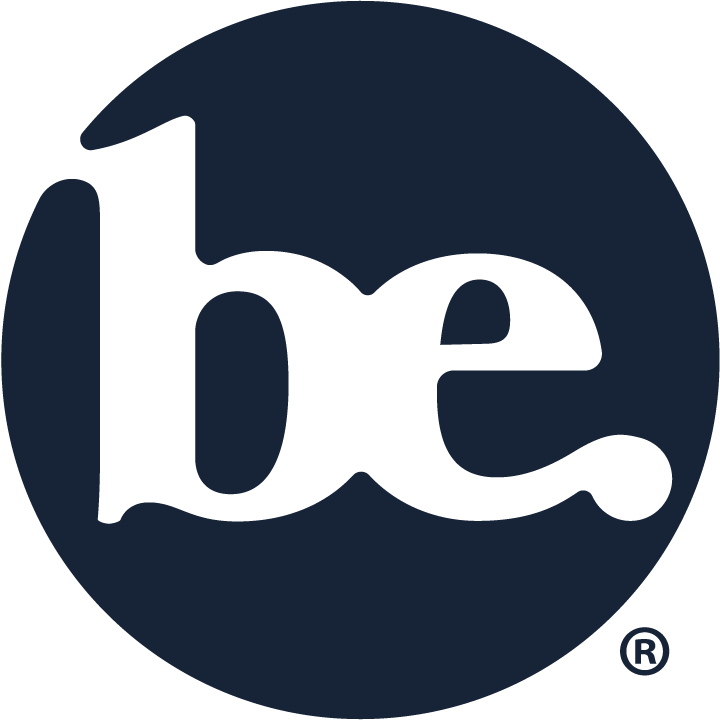Prepare yourself for unanticipated new home expenses
Becoming a homeowner is an exciting milestone, symbolizing independence, stability, and the fulfillment of long-held dreams.
Amid the joy, however, many first-time buyers are taken aback by unanticipated expense. While diligently budgeting for mortgage payments, property taxes, and insurance, homeowners often underestimate or overlook these additional costs.
Commonly cited are maintenance and repairs. While renting generally absolves you of responsibility for upkeep, homeowners are solely responsible for maintaining their new property. The number and depth of new maintenance tasks can seem overwhelming.
From routine lawn care, to cleaning the gutters, to more serious systemic issues like plumbing or roof replacement, the costs can be significant. If you are doing it yourself, it will entail an investment of time spent planning, shopping for equipment, and of course, performing the actual maintenance tasks.
Even if you hire someone else, you will need to take the time to gather referrals, get estimates, and oversee projects.
Transitioning from renting to homeownership will likely also bring higher utility costs. Heating, cooling, water, electricity, and waste management expenses can fluctuate throughout the year, impacting monthly budgets and requiring adjustment.
For those moving into communities governed by homeowner’s associations, Homeowner Association (HOA) fees can come as a surprise. These recurring dues cover communal amenities, landscaping, security services, and maintenance of shared spaces, and failure to pay can result in further financial penalties,
While property taxes and homeowner's insurance are typically factored in, regular assessments by taxing authorities may increase amounts due. Escrow accounts established by lenders may help spread out these expenses, but fluctuations can still impact monthly payments.
To help manage, prospective homeowners should aim to set aside at least three to six months' worth of living expenses for contingencies. Having a financial cushion can alleviate stress and mitigate unexpected bills.
Proactive regular maintenance is the best way to minimize the likelihood of major unexpected expenses. Schedule routine inspections and perform necessary repairs promptly.
Stay proactive and flexible in managing your finances to adapt to changing circumstances. Regularly review expenses. Monitor utility usage and explore energy-saving measures. Reassess discretionary spending. Preparation, diligence, and prudent planning are key to enjoying the journey of owning your dream home.
